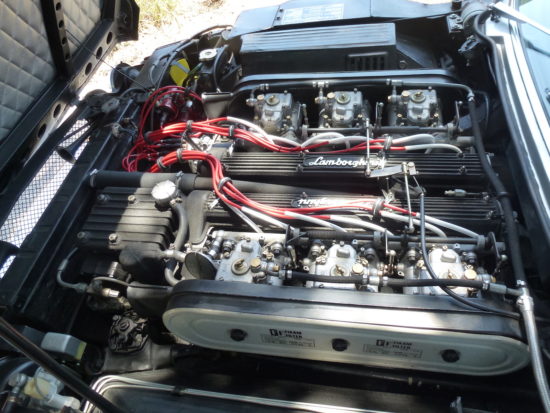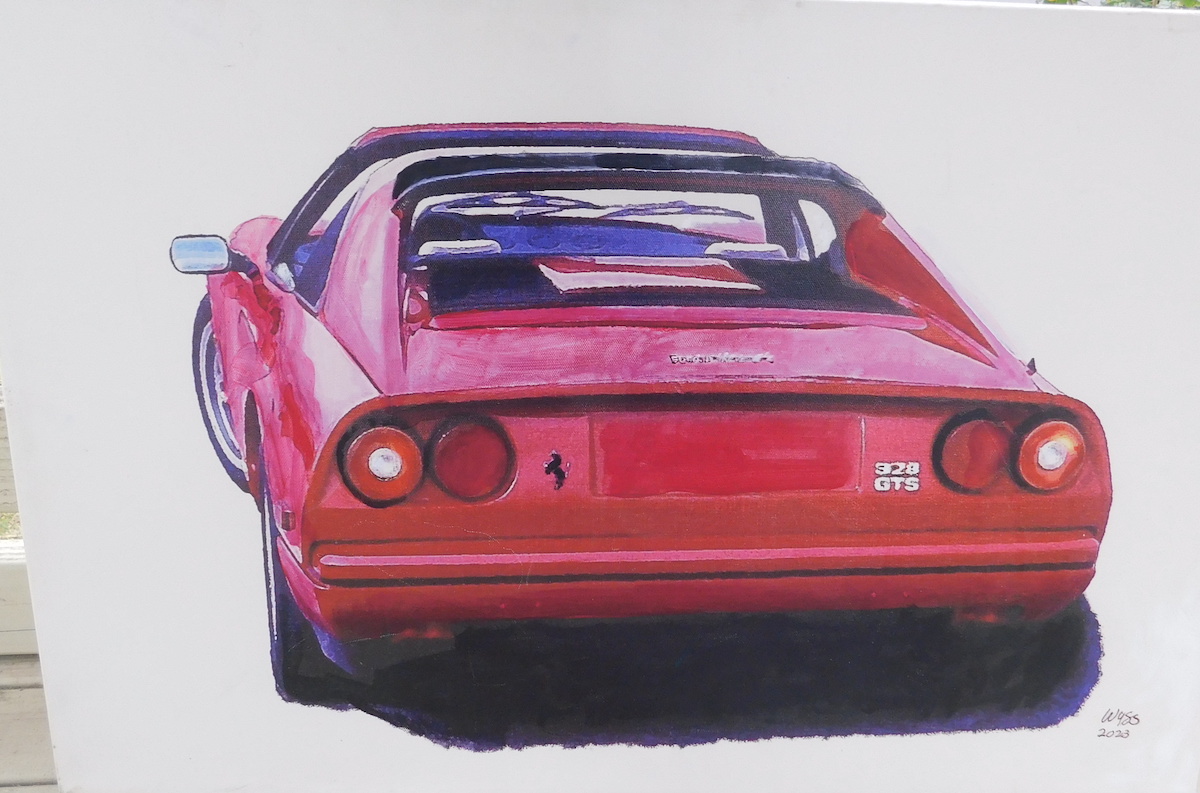Common causes and solutions…
According to the U.S. Census Bureau, millions of drivers commute daily on the highway; that’s more than 3.3 million people with an average commute time of 27 minutes. Under normal conditions, the only sounds you should hear while cruising the interstate are the hum of the engine, the rush of wind, the roll of tires, and your favorite song on the radio. But what happens when you hear an unusual noise coming from your car? These unfamiliar noises often indicate malfunction, potential problems, or mechanical conditions. So, let’s explore some common causes of highway noise and what you can do about them.
Most Common Sources of Noise In Highway Driving
1. Tires and Road Surface
Tire Type and Tread Pattern: The type of tires on your car can significantly influence the amount of noise generated while driving on the highway. Performance tires, off-road tires, and those with aggressive tread patterns tend to be noisier than standard all-season tires. The tread pattern can create air pockets that increase noise as the tires contact the road.
Tire Condition: Worn-out tires or those with uneven wear can produce more noise. Uneven tire wear may indicate alignment or suspension issues, which should be addressed as soon as possible for safety reasons and to reduce noise.
Road Surface: Potholes, rough roads, countryside, big city streets, and so many other road types and conditions could be the cause of the noise. Rough, uneven, or poorly maintained roads cause more noise than smooth, well-paved highways.
Solution – Tire Replacement and Tire Maintenance
If your tires are worn out or have an aggressive tread pattern, consider replacing them with quieter, all-season tires designed for highway use. Proper tire maintenance before problems arise is best, which includes rotating your tires, maintaining proper inflation levels, and checking the alignment.
2. Wind Noise
Aerodynamics: Wind resistance increases as a car travels at high speeds. Poorly designed aerodynamics can lead to increased wind noise. This is often noticeable in older vehicles or those not specifically designed for high-speed travel.
Window Seals: Damaged or worn-out window seals can allow wind to enter the cabin, creating a whistling or hissing noise. Ensuring that windows and doors are properly sealed can help mitigate this issue.
Mirrors and Accessories: External accessories such as roof racks, side mirrors, and antennae can disrupt the airflow around the car, leading to increased wind noise.
Solution – Make Adjustments
Replace worn or damaged window seals and ensure that windows and doors are properly closed to prevent wind noise. For accessories, removing or adjusting certain components can help manage any excess noise. Things to commonly look out for include roof racks that have imbalances or repositioning side mirrors to minimize extra sound.
3. Engine and Exhaust System
Engine Noise: High-speed driving demands more from the engine, leading to increased noise levels, especially if the engine is not well-maintained. Low oil levels, worn-out components, or exhaust leaks can amplify engine noise.
Exhaust System: A damaged or malfunctioning exhaust system can result in louder-than-usual noises. Holes, cracks, or loose components in the exhaust system can cause noise to escape, making it more noticeable at highway speeds.
Solution – Engine Maintenance and Repair
Regularly maintain your engine by changing the oil, replacing worn-out components, and promptly addressing any out of the ordinary noises (ticking, leaks, squeaking, banging, tapping, etc). Repairs get costlier the longer they are avoided – be sure to fix any holes, cracks, or loose parts in the exhaust system. Consider upgrading to a quieter exhaust system if noise remains an issue.
4. Suspension and Steering Components
Worn-Out Suspension: Suspension components (like shocks and struts) that are worn out or damaged, can increase road noise. These parts are responsible for absorbing impacts and reducing vibrations; when they fail, noise levels rise.
Steering Issues: Problems with the steering system, such as worn-out tie rods or ball joints, can contribute to noise, particularly when the vehicle encounters bumps or turns at high speeds.
Solution – Suspension and Steering Repairs
Difficulty steering and rolling to one side are signs of suspension/steering issues. The issue may be as straightforward as replacing worn-out springs or shocks, but we highly recommend getting a professional to diagnose and resolve problems as soon as possible.
5. Interior Components and Cargo
Loose Items: Loose items within the cabin or trunk can create rattling or banging noises when the car is in motion.
Interior Trim: Loose or damaged interior trim pieces can vibrate or rattle at high speeds, contributing to overall noise levels. This includes dashboard components, door panels, and seats.
Solution – Secure Loose Items and Repair Interior
The best way to avoid excess noise is to ensure all items are properly placed or securely fastened. Additional vibrations or rattling can be avoided by fixing or replacing loose interior pieces.
Tips For a Quieter Drive and Preventative Measures
● Routine Checks: Perform regular maintenance checks on your vehicle.
● Smooth Driving: Practice smooth driving techniques, such as gradual acceleration and deceleration, to minimize stress on the engine and suspension, reducing noise.
● Vehicle Upgrades: Consider upgrading to a newer vehicle with advanced noise-reduction features and better aerodynamics if persistent noise issues are a problem.
● OEM Parts: Use original equipment manufacturer (OEM) parts for replacements and repairs to ensure compatibility and optimal performance.
Conclusion
Excessive car noise can be annoying, but it may also be signaling that there’s an underlying issue with your vehicle. By understanding the sources of highway noise, properly diagnosing the noise, and finding a solution, you can have a quieter and better driving experience. Taking the time to fix these problems will not only enhance your vehicle’s performance, but also prevent minor issues from escalating into major, costlier ones in the future.





Speak Your Mind